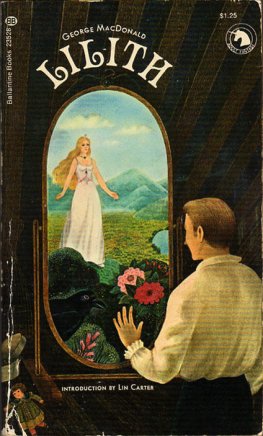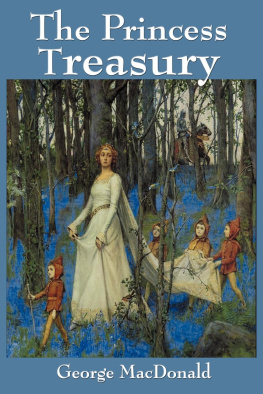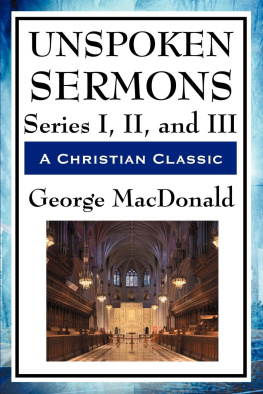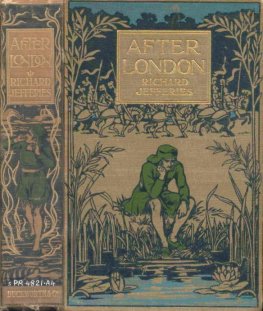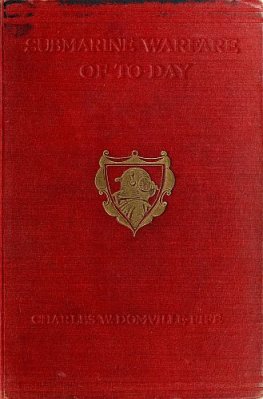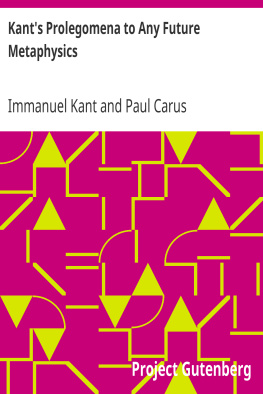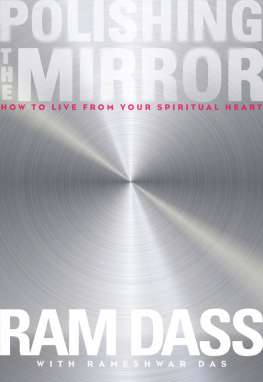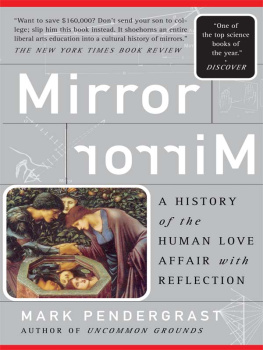George MacDonald - Lilith
Here you can read online George MacDonald - Lilith full text of the book (entire story) in english for free. Download pdf and epub, get meaning, cover and reviews about this ebook. year: 1999, genre: Romance novel. Description of the work, (preface) as well as reviews are available. Best literature library LitArk.com created for fans of good reading and offers a wide selection of genres:
Romance novel
Science fiction
Adventure
Detective
Science
History
Home and family
Prose
Art
Politics
Computer
Non-fiction
Religion
Business
Children
Humor
Choose a favorite category and find really read worthwhile books. Enjoy immersion in the world of imagination, feel the emotions of the characters or learn something new for yourself, make an fascinating discovery.
- Book:Lilith
- Author:
- Genre:
- Year:1999
- Rating:4 / 5
- Favourites:Add to favourites
- Your mark:
- 80
- 1
- 2
- 3
- 4
- 5
Lilith: summary, description and annotation
We offer to read an annotation, description, summary or preface (depends on what the author of the book "Lilith" wrote himself). If you haven't found the necessary information about the book — write in the comments, we will try to find it.
Lilith — read online for free the complete book (whole text) full work
Below is the text of the book, divided by pages. System saving the place of the last page read, allows you to conveniently read the book "Lilith" online for free, without having to search again every time where you left off. Put a bookmark, and you can go to the page where you finished reading at any time.
Font size:
Interval:
Bookmark:
George MacDonald
LILITH
I took a walk on Spauldings Farm the other afternoon. I saw the setting sun lighting up the opposite side of a stately pine wood. Its golden rays straggled into the aisles of the wood as into some noble hall. I was impressed as if some ancient and altogether admirable and shining family had settled there in that part of the land called Concord, unknown to me,to whom the sun was servant,who had not gone into society in the village,who had not been called on. I saw their park, their pleasure-ground, beyond through the wood, in Spauldings cranberry-meadow. The pines furnished them with gables as they grew. Their house was not obvious to vision; their trees grew through it. I do not know whether I heard the sounds of a suppressed hilarity or not. They seemed to recline on the sunbeams. They have sons and daughters. They are quite well. The farmers cart-path, which leads directly through their hall, does not in the least put them out,as the muddy bottom of a pool is sometimes seen through the reflected skies. They never heard of Spaulding, and do not know that he is their neighbor,notwithstanding I heard him whistle as he drove his team through the house. Nothing can equal the serenity of their lives. Their coat of arms is simply a lichen. I saw it painted on the pines and oaks. Their attics were in the tops of the trees. They are of no politics. There was no noise of labor. I did not perceive that they were weaving or spinning. Yet I did detect, when the wind lulled and hearing was done away, the finest imaginable sweet musical hum,as of a distant hive in May, which perchance was the sound of their thinking. They had no idle thoughts, and no one without could see their work, for their industry was not as in knots and excrescences embayed.
But I find it difficult to remember them. They fade irrevocably out of my mind even now while I speak and endeavor to recall them, and recollect myself. It is only after a long and serious effort to recollect my best thoughts that I become again aware of their cohabitancy. If it were not for such families as this, I think I should move out of Concord.
Thoreau: WALKING.CHAPTER I. THE LIBRARY
I had just finished my studies at Oxford, and was taking a brief holiday from work before assuming definitely the management of the estate. My father died when I was yet a child; my mother followed him within a year; and I was nearly as much alone in the world as a man might find himself.
I had made little acquaintance with the history of my ancestors. Almost the only thing I knew concerning them was, that a notable number of them had been given to study. I had myself so far inherited the tendency as to devote a good deal of my time, though, I confess, after a somewhat desultory fashion, to the physical sciences. It was chiefly the wonder they woke that drew me. I was constantly seeing, and on the outlook to see, strange analogies, not only between the facts of different sciences of the same order, or between physical and metaphysical facts, but between physical hypotheses and suggestions glimmering out of the metaphysical dreams into which I was in the habit of falling. I was at the same time much given to a premature indulgence of the impulse to turn hypothesis into theory. Of my mental peculiarities there is no occasion to say more.
The house as well as the family was of some antiquity, but no description of it is necessary to the understanding of my narrative. It contained a fine library, whose growth began before the invention of printing, and had continued to my own time, greatly influenced, of course, by changes of taste and pursuit. Nothing surely can more impress upon a man the transitory nature of possession than his succeeding to an ancient property! Like a moving panorama mine has passed from before many eyes, and is now slowly flitting from before my own.
The library, although duly considered in many alterations of the house and additions to it, had nevertheless, like an encroaching state, absorbed one room after another until it occupied the greater part of the ground floor. Its chief room was large, and the walls of it were covered with books almost to the ceiling; the rooms into which it overflowed were of various sizes and shapes, and communicated in modes as variousby doors, by open arches, by short passages, by steps up and steps down.
In the great room I mainly spent my time, reading books of science, old as well as new; for the history of the human mind in relation to supposed knowledge was what most of all interested me. Ptolemy, Dante, the two Bacons, and Boyle were even more to me than Darwin or Maxwell, as so much nearer the vanished van breaking into the dark of ignorance.
In the evening of a gloomy day of August I was sitting in my usual place, my back to one of the windows, reading. It had rained the greater part of the morning and afternoon, but just as the sun was setting, the clouds parted in front of him, and he shone into the room. I rose and looked out of the window. In the centre of the great lawn the feathering top of the fountain column was filled with his red glory. I turned to resume my seat, when my eye was caught by the same glory on the one picture in the rooma portrait, in a sort of niche or little shrine sunk for it in the expanse of book-filled shelves. I knew it as the likeness of one of my ancestors, but had never even wondered why it hung there alone, and not in the gallery, or one of the great rooms, among the other family portraits. The direct sunlight brought out the painting wonderfully; for the first time I seemed to see it, and for the first time it seemed to respond to my look. With my eyes full of the light reflected from it, something, I cannot tell what, made me turn and cast a glance to the farther end of the room, when I saw, or seemed to see, a tall figure reaching up a hand to a bookshelf. The next instant, my vision apparently rectified by the comparative dusk, I saw no one, and concluded that my optic nerves had been momentarily affected from within.
I resumed my reading, and would doubtless have forgotten the vague, evanescent impression, had it not been that, having occasion a moment after to consult a certain volume, I found but a gap in the row where it ought to have stood, and the same instant remembered that just there I had seen, or fancied I saw, the old man in search of a book. I looked all about the spot but in vain. The next morning, however, there it was, just where I had thought to find it! I knew of no one in the house likely to be interested in such a book.
Three days after, another and yet odder thing took place.
In one of the walls was the low, narrow door of a closet, containing some of the oldest and rarest of the books. It was a very thick door, with a projecting frame, and it had been the fancy of some ancestor to cross it with shallow shelves, filled with book-backs only. The harmless trick may be excused by the fact that the titles on the sham backs were either humorously original, or those of books lost beyond hope of recovery. I had a great liking for the masked door.
To complete the illusion of it, some inventive workman apparently had shoved in, on the top of one of the rows, a part of a volume thin enough to lie between it and the bottom of the next shelf: he had cut away diagonally a considerable portion, and fixed the remnant with one of its open corners projecting beyond the book-backs. The binding of the mutilated volume was limp vellum, and one could open the corner far enough to see that it was manuscript upon parchment.
Happening, as I sat reading, to raise my eyes from the page, my glance fell upon this door, and at once I saw that the book described, if book it may be called, was gone. Angrier than any worth I knew in it justified, I rang the bell, and the butler appeared. When I asked him if he knew what had befallen it, he turned pale, and assured me he did not. I could less easily doubt his word than my own eyes, for he had been all his life in the family, and a more faithful servant never lived. He left on me the impression, nevertheless, that he could have said something more.
Font size:
Interval:
Bookmark:
Similar books «Lilith»
Look at similar books to Lilith. We have selected literature similar in name and meaning in the hope of providing readers with more options to find new, interesting, not yet read works.
Discussion, reviews of the book Lilith and just readers' own opinions. Leave your comments, write what you think about the work, its meaning or the main characters. Specify what exactly you liked and what you didn't like, and why you think so.

